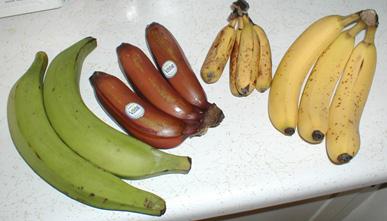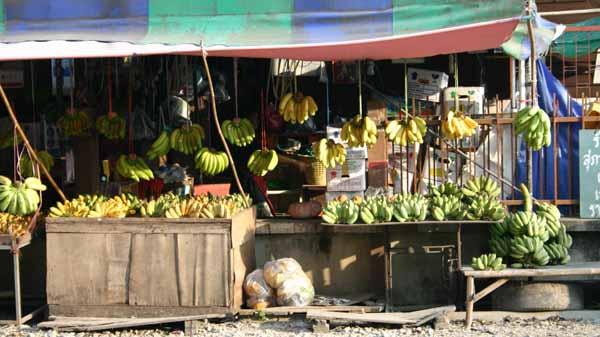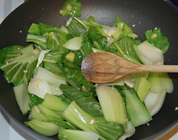To have a healthy life, we should always take fruits and vegetables in our diet. Bananas are one of the perfect part of the diet to take care of our health. The bananas are to be treated with care. They should be stored at normal room temperature, you should never store a banana in fridge. It will change its color to black if you store it in fridge.


 The bananas contain sugars like glucose, fructose and sucrose and fibers which are very much essential to get instant energy to our body. The bananas are available through out the year. The banana is the most popular fruit in USA. Bananas do not contain fats or cholesterol. This will reduce the risk of heart disease and cancer. Let us see what are the healthy benefits of Bananas.
The bananas contain sugars like glucose, fructose and sucrose and fibers which are very much essential to get instant energy to our body. The bananas are available through out the year. The banana is the most popular fruit in USA. Bananas do not contain fats or cholesterol. This will reduce the risk of heart disease and cancer. Let us see what are the healthy benefits of Bananas.And you know, a banana can also be used to increase weight. If you eat a banana along with milk it will help to increase your weight rapidly. Sportsmen also take bananas during breaks in games because a banana gives instant energy.
Bananas are also helpful and good for arthritis, dysentery, diarrhea, TB, urinary disorders etc. So have a banana every day in your diet and keep yourself healthy.
SOURCE: http://www.indiastudychannel.com/resources/
The Leader
ACTRESS @ CELEBRETIES HOT PHOTOS
Young and Adult Sexual Reprouctive Health
Organic Farming

